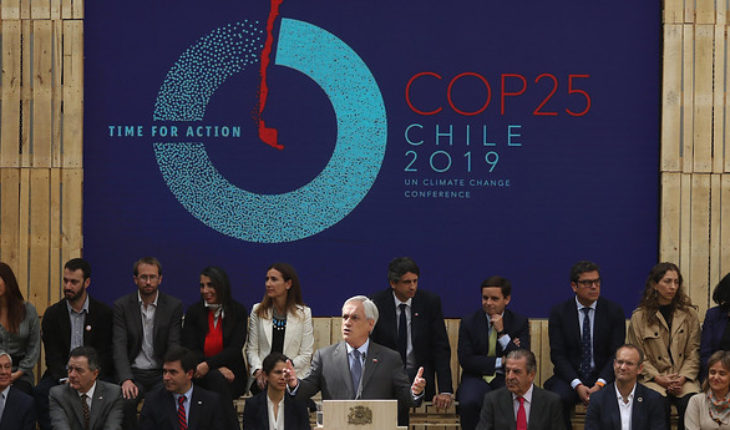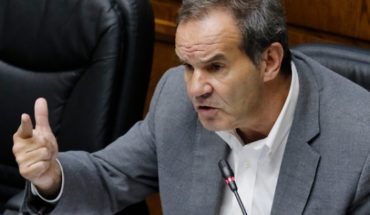Chile will host the 25th Conference of the Parties on climate Change (COP25), which will be held between 2 and December 13th. Although it is a meeting in which governments participate and negotiate and therefore, is a closed space for the large part of the citizenry, the only fact that takes place in our country opens different possibilities and challenges for all who inhabit the territory National. To do this, it is necessary to know in general terms what this type of meetings consists of, to ask ourselves what we want and/or can do, to define what we want to happen in Chile before, during and after the COP.
The meeting gives our country the opportunity to be a leader in some issues associated with climate change, either within the framework of the negotiations or by installing in the international discussion aspects so far not considered. But, to exercise this capacity, it is required to be recognized as such, which means proposing an ambitious agenda and generating alliances to carry it out.
In this sense, it is interesting the participation of the minister, Felipe Larraín, in the global coalition of Finance ministers for climate action, because precisely what is required is more commitment and action of countries to, in a first stage, reduce the Greenhouse gas Emissions (GHG) at 2030.
It is also important that this COP has a Latin American stamp, because there are problems that are common to this region and that go beyond the reduction of GHG. Latin America and the Caribbean contribute less than 10% of global GHG emissions, but this is an extremely vulnerable region to the effects of climate change, so our governments are required to begin implementing measures of Adaptation from now on. This, in short, means generating actions to cope with the effects of climate change, but also changing patterns of production and consumption.
It is not enough for the government of Chile to host the COP or to generate some actions at the Latin American level, it is also required that the proposed actions are more than discursive and therefore have some degree of coherence with national public policy, because you can not To try to carry out the climatic negotiations when there are problems relevant at national level, which have not been adequately corrected.
Civil society organizations have the duty and the challenge of clearly and firmly to the Government the matters in which it is imperative that concrete commitments be generated, that are part of the national public policy, beyond the COP25.
Only by way of example, should there be advertisements on the decarbonization of the electric matrix in the short term, before 2030 and establish that the highly acclaimed electromobility, not with electricity generation to carbon or using lithium, whose extraction affects in a Irreversible the hydrological systems of the salares of the north of Chile. To this we can add the urgency of ending the slaughter zones and the commitment to improve the environmental regulations, related to the quality standards for water, air and soil, as it is also fundamental the commitment of Chile to increase the surface to To reforest with native species and the protection of wetlands, among others.
But this is not all. Both the president, Sebastián Piñera, and the Minister of the Environment, Carolina Schmidt, have announced that they want this to be a “blue COP” or “Blue COP” and while the theme of the oceans will not be the subject of negotiation between countries, it seems the government wants to To give a stamp to this meeting by putting on the international agenda the importance of considering the role of the oceans in climatic matter.
It is certainly a great topic, but it must also be coherent with national public policy, which should be translated into a review, updating and implementation of ocean policy, funding for the implementation of existing marine areas and The creation of coastal marine areas in relevant ecosystems, such as the Humboldt archipelago. The latter should not be affected by any type of mining-port project or other nature that would damage the ecosystem; Moreover, it is necessary to commit more stringent and rigorous regulation and control for the salmon industry.
Undoubtedly, these are some issues in which the Government should generate actions, because the worst thing that could happen is that the COP25 is a high-level event, that does not leave a substantive imprint on national public policy and does not become only a showcase of good intenc Ions.
The content poured in this opinion column is the sole responsibility of its author, and does not necessarily reflect the editorial line or position of the counter.





